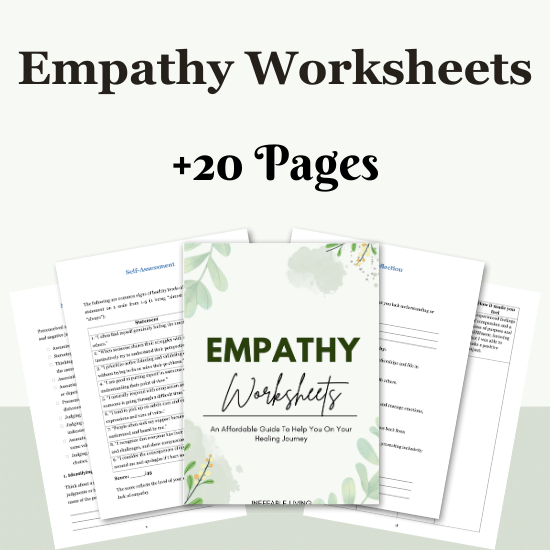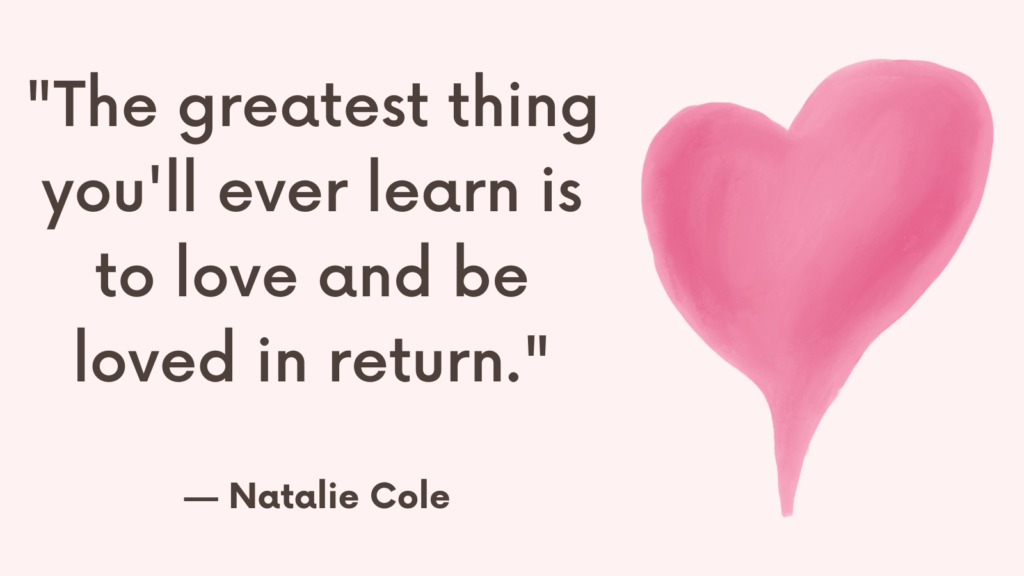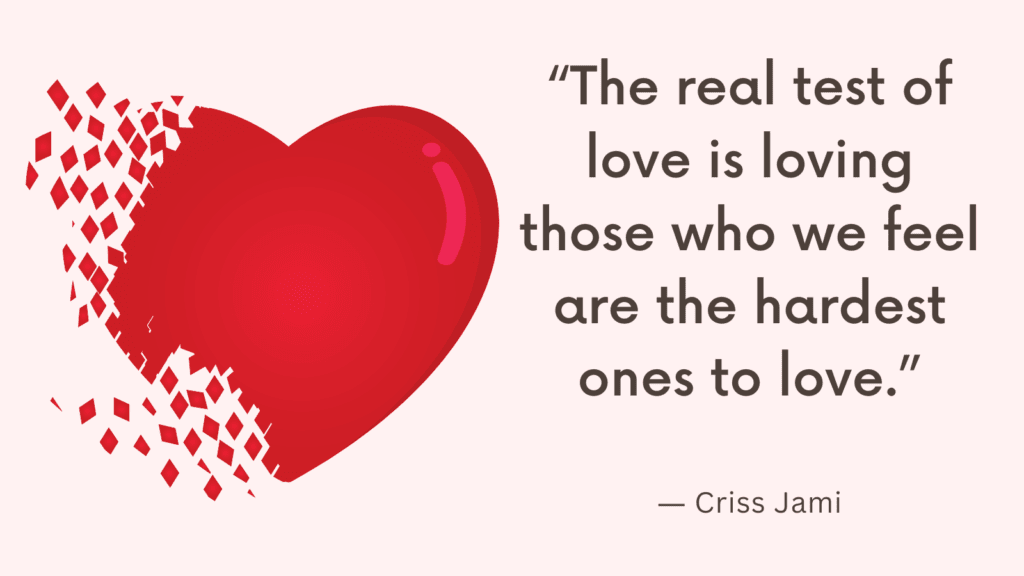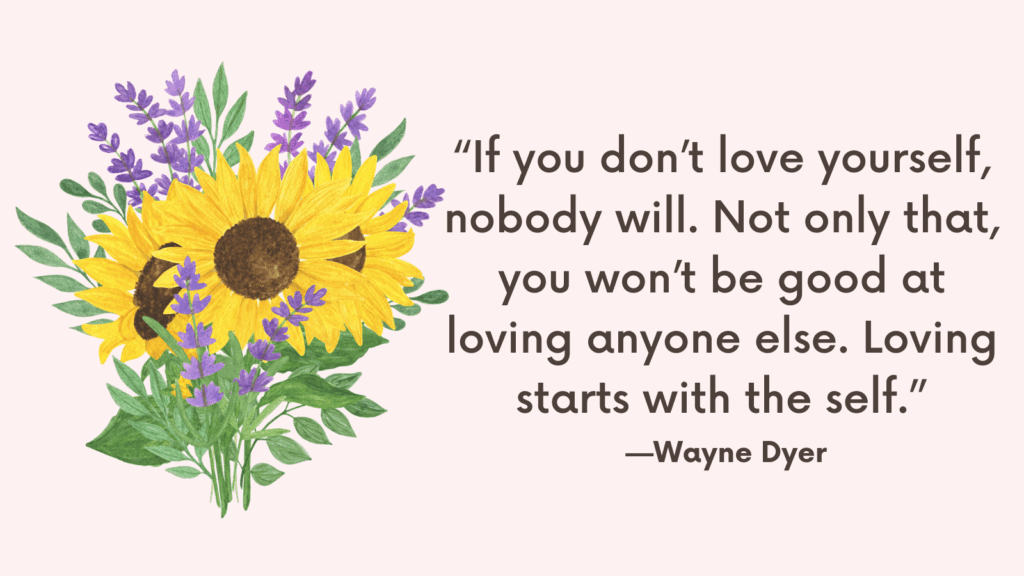In this post, you’re going to learn all about accountability vs blame in relationships.
Accountability vs. Blame In Relationships
Accountability in relationships involves recognizing one’s actions and their impact on the other person, followed by taking responsibility to address and rectify the situation.
It is a constructive process that focuses on growth, learning, and mutual respect. Key aspects include:
– Self-Reflection: Examining one’s behavior and acknowledging how it affects the relationship.
– Open Communication: Discussing issues openly and honestly, without defensiveness.
– Commitment to Change: Willingly making efforts to alter behaviors that negatively impact the relationship.
– Mutual Respect: Maintaining respect for each other’s feelings and experiences throughout the process.
Blame, in contrast, is often a reactive, accusatory approach that focuses on pinpointing fault in the other person without self-reflection or consideration of mutual responsibility. Characteristics of blame include:
– Defensiveness: Responding to conflict with defensiveness rather than openness to feedback.
– Victimization: Casting oneself as the victim to evade responsibility.
– Criticism: Focusing on the other person’s faults without acknowledgment of one’s own role in the issue.
– Erosion of Trust: Undermining trust and safety within the relationship, leading to resentment and disconnection.
Related: 10 Toxic Communication Styles to Avoid In a Relationship
The Impact of Accountability vs. Blame on Relationships
Accountability builds trust, strengthens connections, and promotes personal growth and understanding within the relationship.
In contrast, blame breaks down communication, erodes trust, and fosters resentment, creating a cycle of negativity.
How to Cultivate Accountability in Relationships?
1. Practice Self-awareness
Regularly reflect on your behavior and its impact on your partner.
Acknowledge your shortcomings and work towards improvement.
2. Foster Open Dialogue
Encourage honest and respectful communication.
Address issues directly and constructively, focusing on solutions rather than dwelling on the problem.
3. Demonstrate Empathy
Try to understand your partner’s perspective and feelings.
Empathy bridges gaps and fosters a supportive environment for addressing issues.
4. Take Responsibility
When you recognize your role in a conflict or issue, take responsibility and apologize sincerely.
This shows commitment to the relationship and personal integrity.
5. Focus on Solutions
Rather than fixating on fault, concentrate on finding solutions and ways to prevent future issues.
This proactive approach emphasizes growth and resolution.
Related: How To Communicate With Your Partner Without Fighting?
6. Respond, Don’t React
If you’re on the receiving end of blame, try to respond calmly and constructively rather than reacting defensively. This can help de-escalate conflict.
7. Seek Understanding
Attempt to understand the underlying issues or emotions driving the blame. Often, blame stems from unmet needs or unresolved issues.
8. Set Boundaries
If blame is persistent and harmful, setting clear boundaries about respectful communication is crucial.
In some cases, seeking external support from a therapist or counselor may be beneficial.
Related: Emotional Intimacy Test (+13 Tips On How To Increase Emotional Intimacy In A Relationship?)

Conclusion
While blame can lead to cycles of conflict and resentment, embracing accountability promotes understanding, growth, and deeper connection.
By committing to self-awareness, open communication, empathy, and focusing on solutions, partners can create a relationship dynamic that thrives on mutual respect and support.
In doing so, challenges and conflicts become opportunities for strengthening the bond, rather than sources of division.



